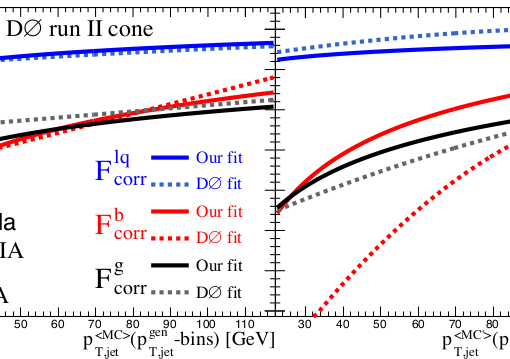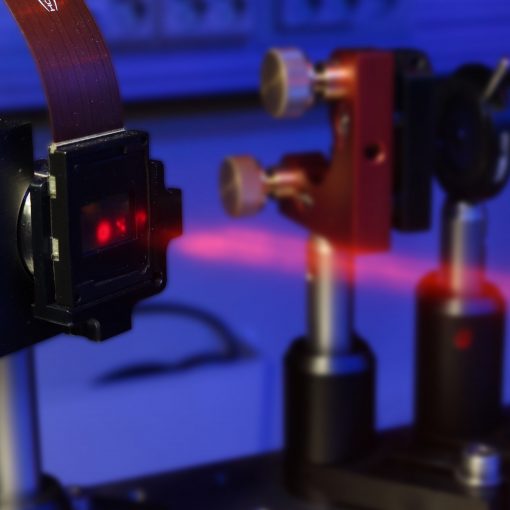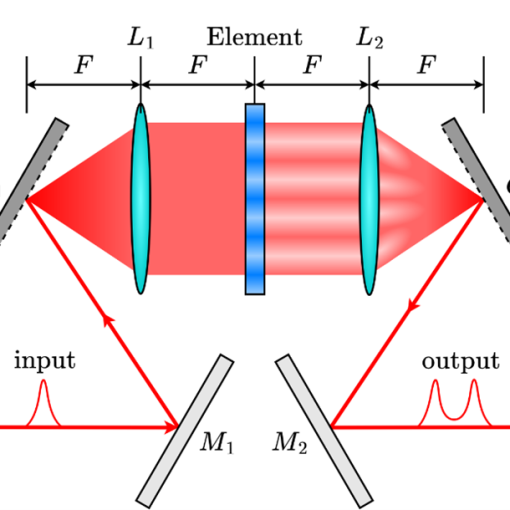Writer: Jan Åström
Physics is no longer what it once was – the search for the basic principles of nature. It is still this, to some extent – of course, but it has become increasingly more about applications. A quick glance at physics research in Finland today reveals subjects like materials science, nano-technology, quantum technology, biophysics, space physics, and so on.
The focus on applications hint at a fundamental underlying principle of western societies – a firm belief in the benefit of technological development to improve human life, society and, at the same time, our understanding of nature.
During recent decades there has emerged a trend in society to question the validity of this principle. Few question that technological development based on science is efficient. The question is whether or not further rapid technological development would at all beneficial for humanity. Science and technology are often portrayed as ingredients in a culture that destroys the biosphere and marginalize other than western cultures. Scientific communities are also quite often accused of being old-fashioned, male-dominated, biased and prejudiced.
Negative impacts of science and technology can indeed easily be exemplified: nuclear weapons, ozone depletion, and climate change.
In spite of this, there is hardly any nation or ethnic group of people that do not strive to embrace modern technology in their culture. Even the fiercest criticizer of western civilization, with very few exceptions, uses modern medicine, electronics, transportation, etc., if they only have the chance. Similarly, one may argue, problems that arise due to technological development, are also often resolved by the same means.
Science is not moral, neither is it immoral – it’s amoral. I would describe physics by the words of the former world champion javelin thrower, Seppo Räty, when asked about his discipline: “Kuka tahansa saa tulla heittämään tätä keppiä” – Anybody can come and throw this stick. Physics is similar: It is not unreasonably difficult to get into a university to study physics, but the discipline itself is extremely hard and challenging, physicist are often introvert nerds, and not particularly friendly or welcoming to anyone. The work is usually not very rewarding economically or for gaining social status. But if a good day at work means closing the door and spending the whole day with the lab equipment, in front of the computer screen, or solving math problems, modern-day physics is the perfect choice. It really does not matter much who you are or what your goals are.
I work, if I am honest, as a computer nerd at CSC – the Finnish high-performance computer center. We are about to install one of the most capable computers in the world – the pre-exascale computer LUMI, and it’s going to be available for anybody affiliated with Finnish academia, free of charge. This means that a path to scientific brilliance lies open. Now the question is: do we dare to take the plunge? Artificial superintelligence, fusion energy and human DNA manipulation may wait around the corner.
Learn more about CSC and its services at www.csc.fi
Twitter: @CSCfi






